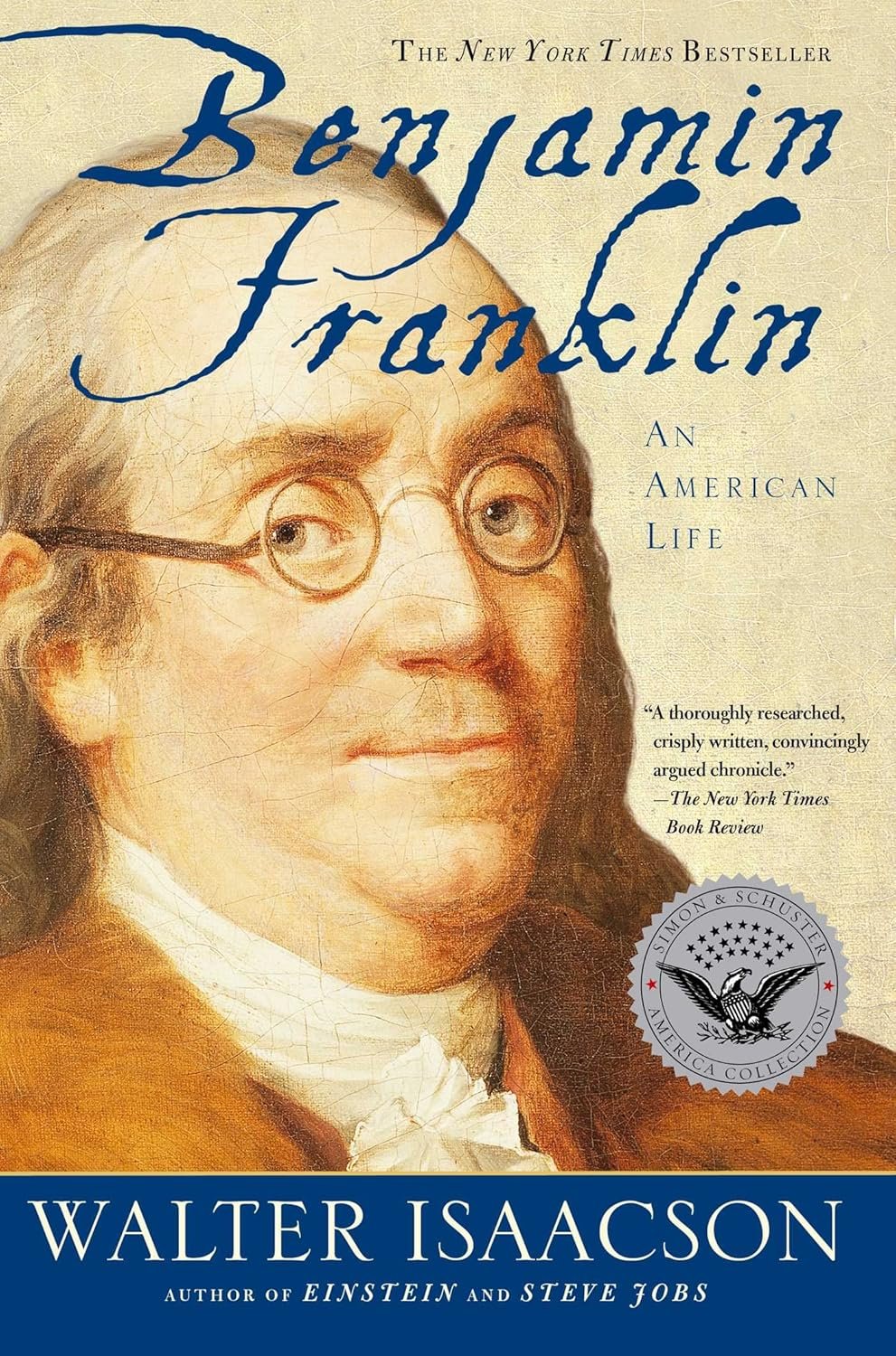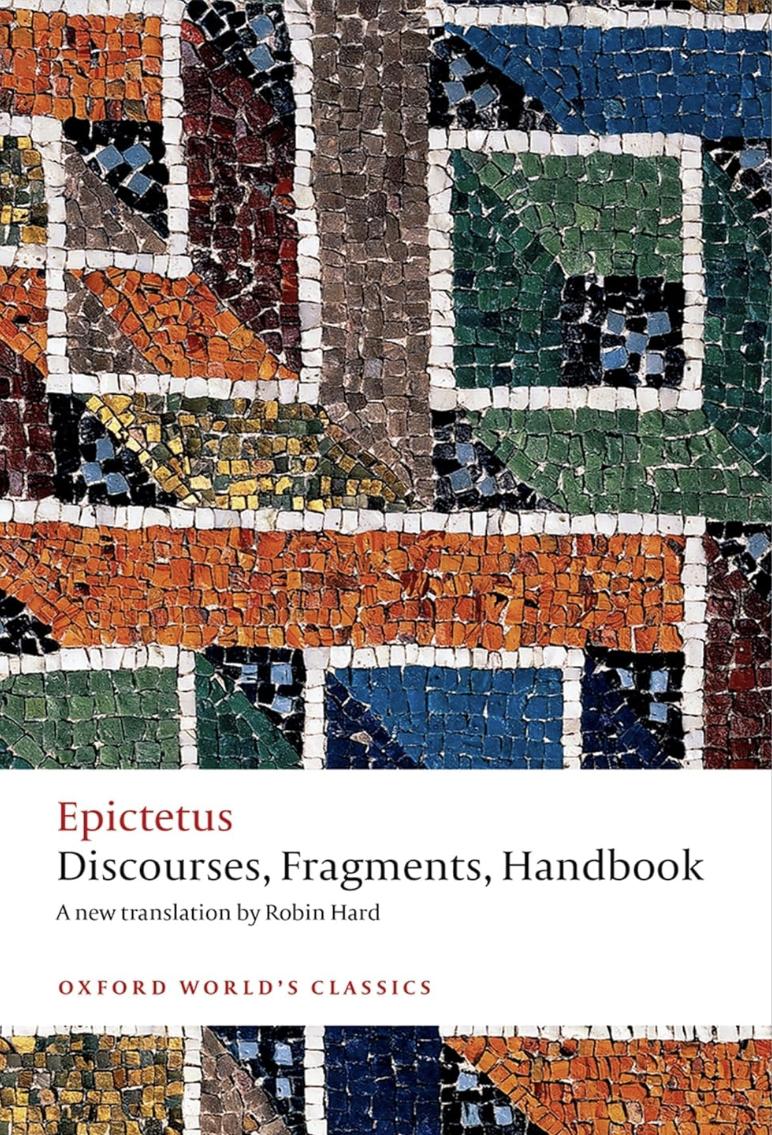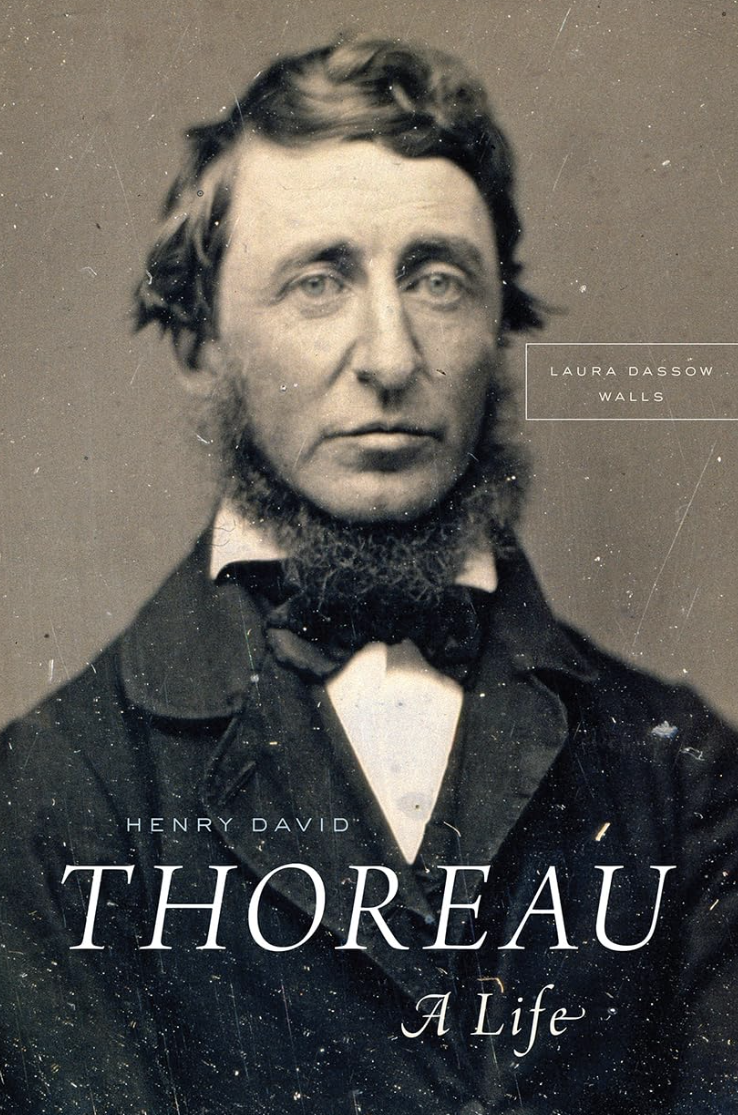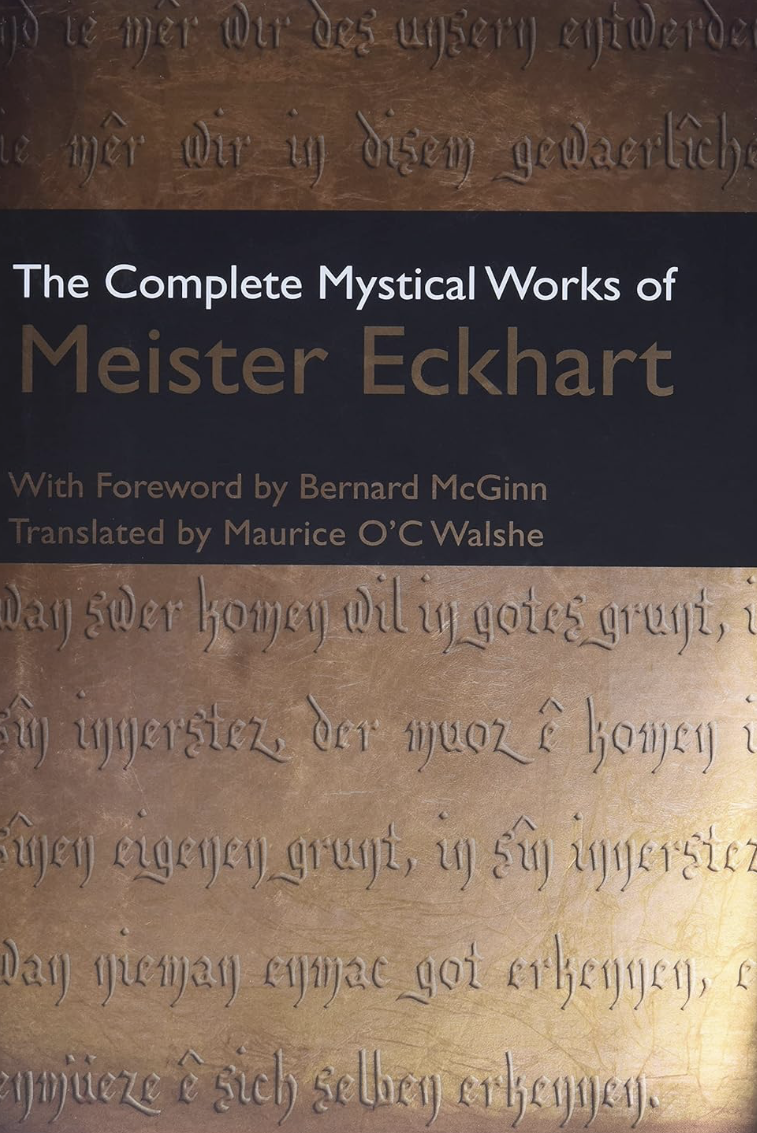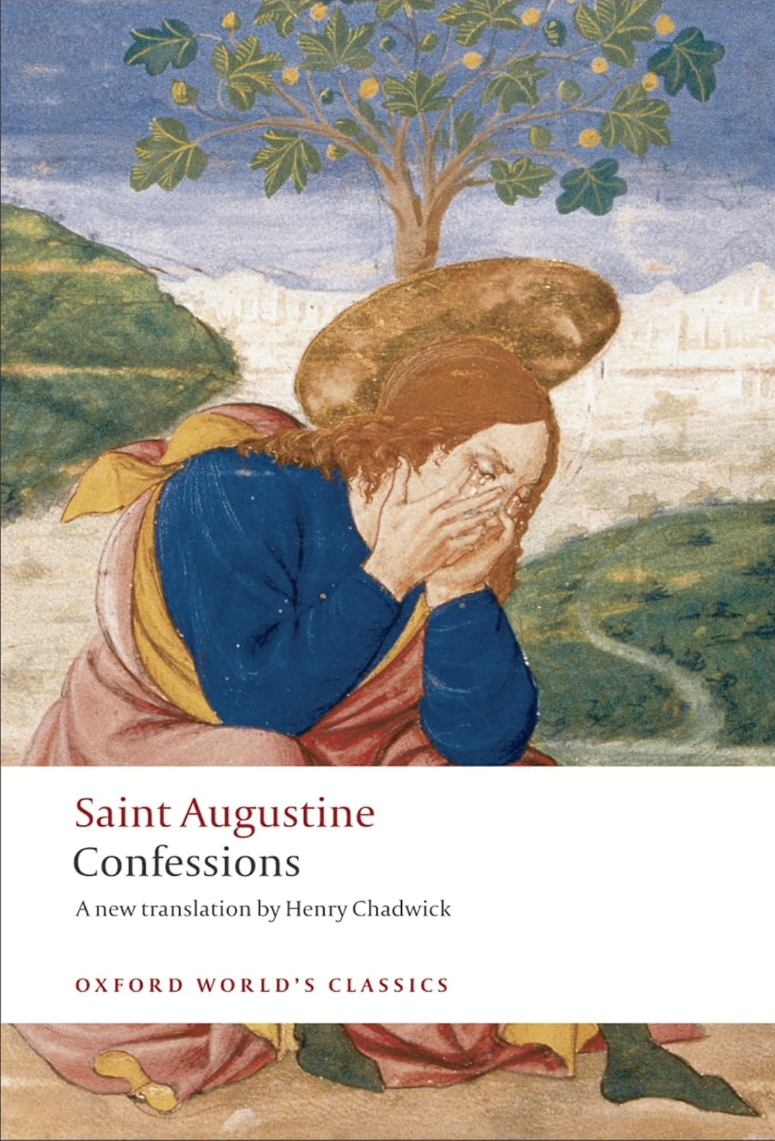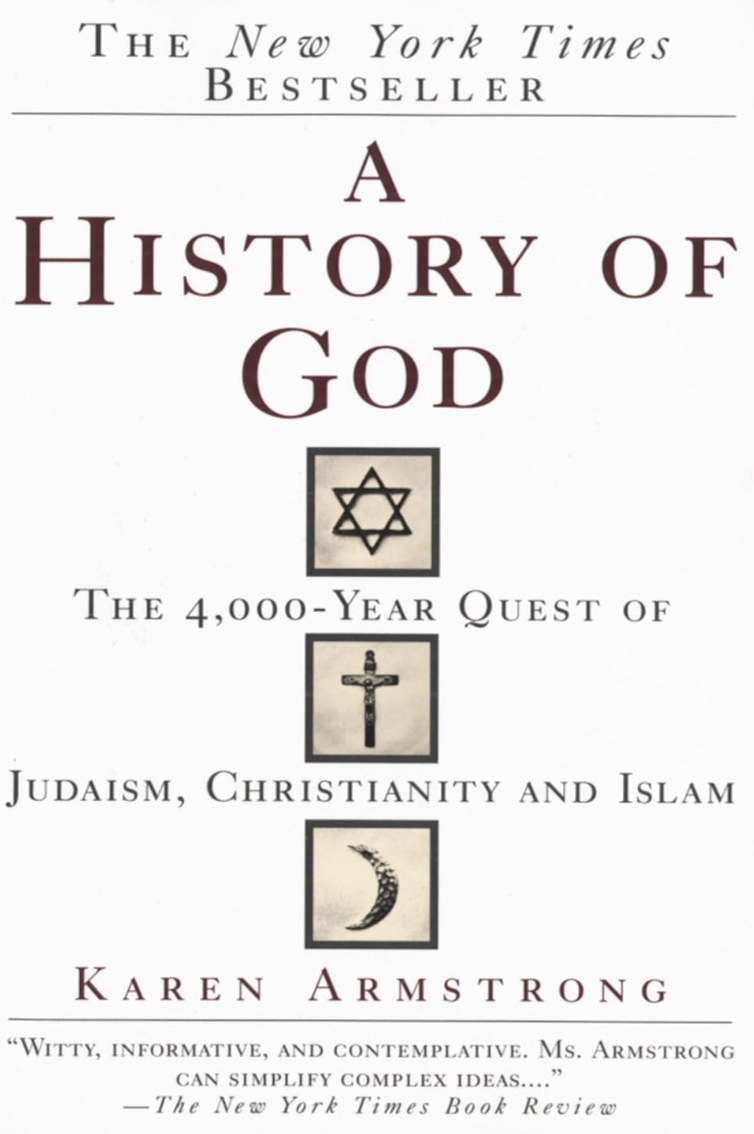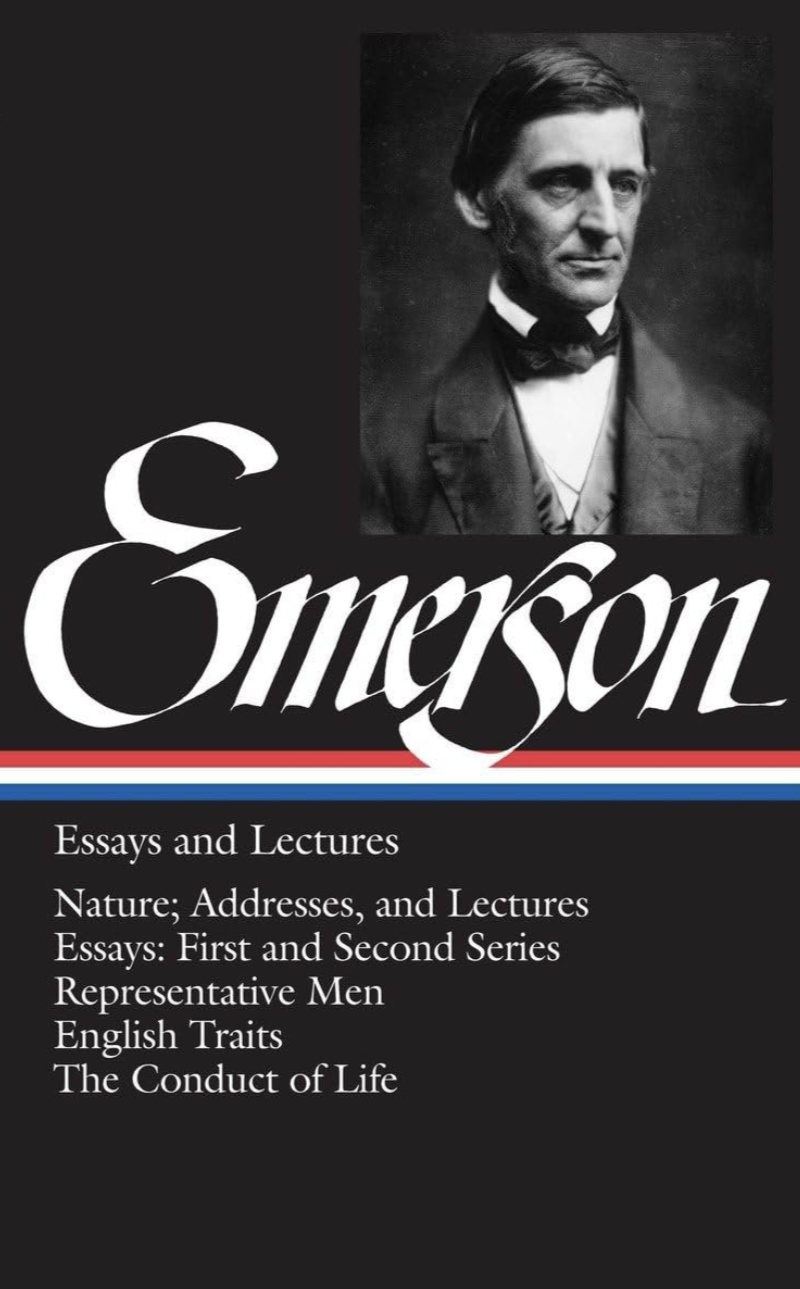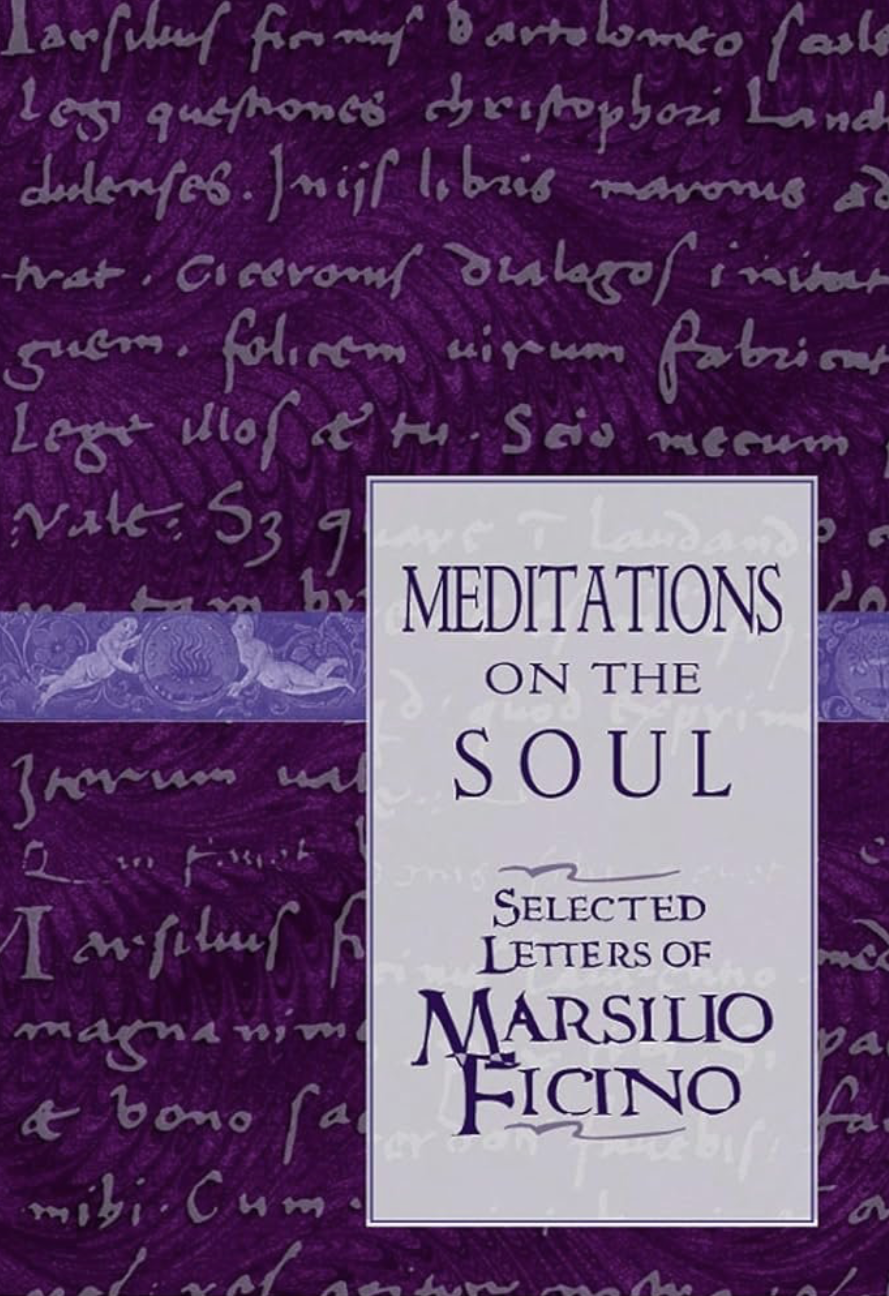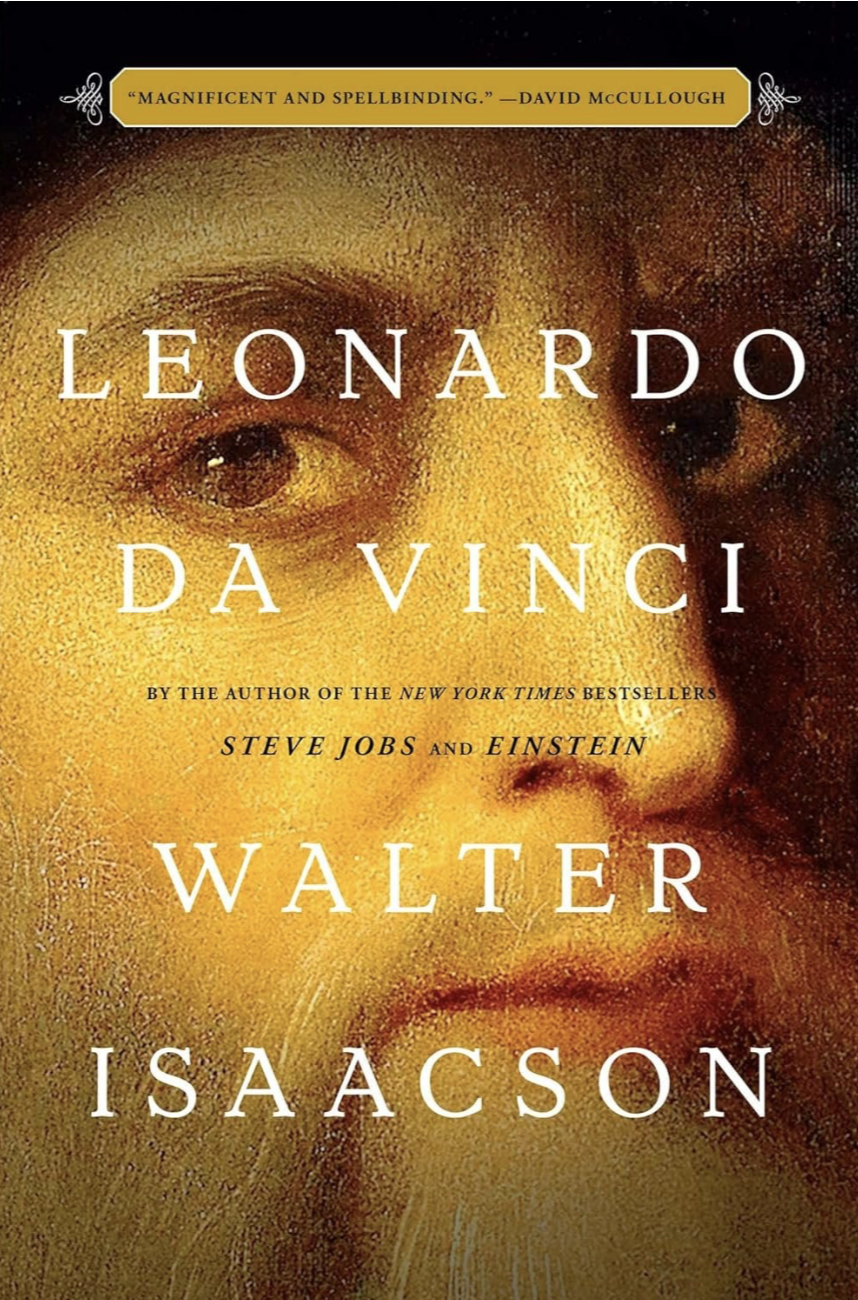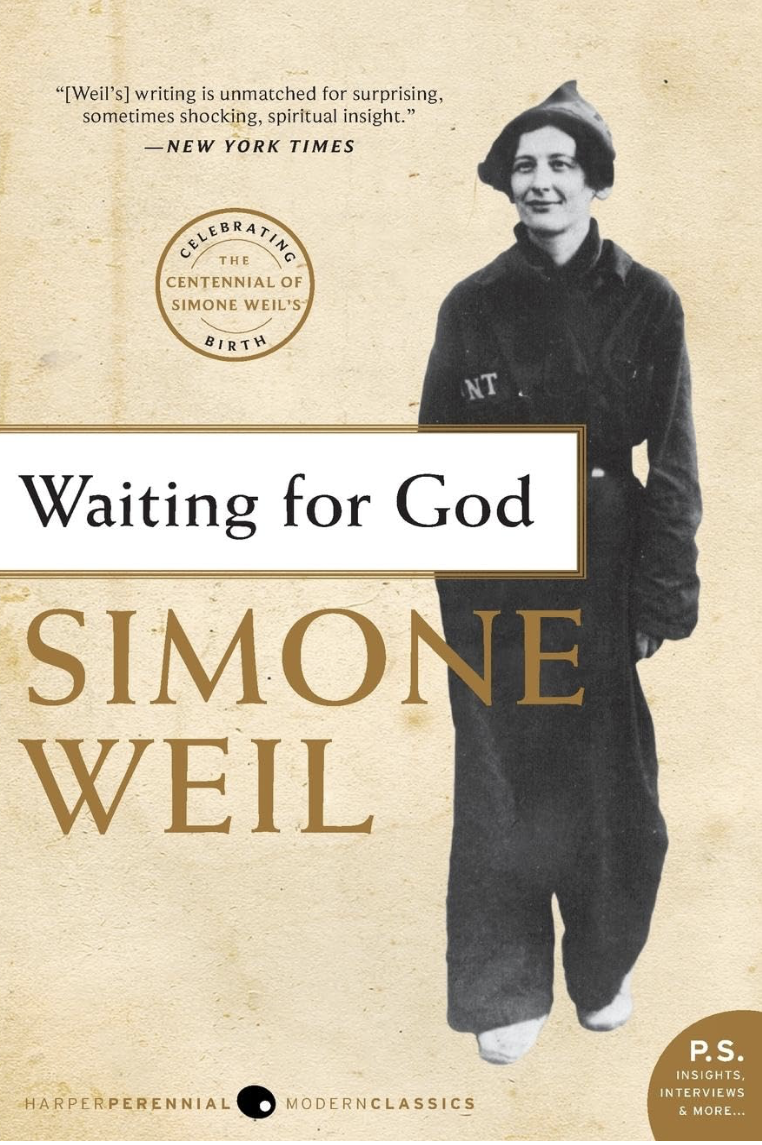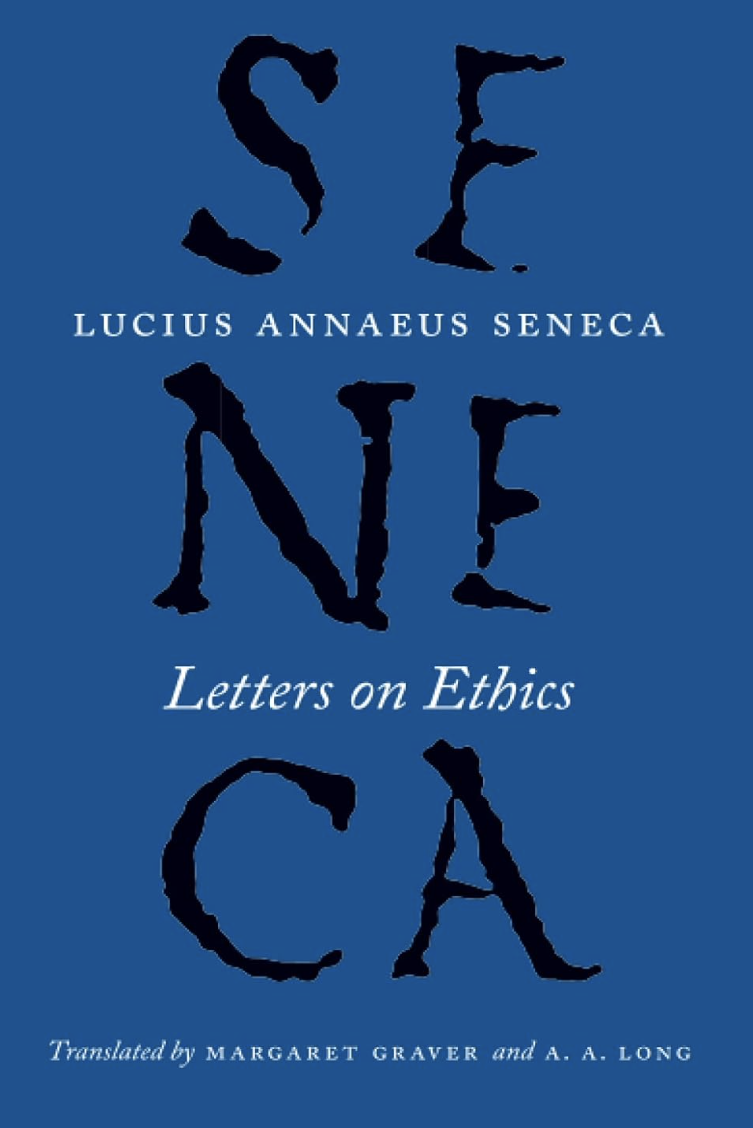when you buy a book by using the “buy on amazon” button below each book, i earn a small commission at no extra cost to you.

-
![]()
Einstein: His Life and Universe
“How did his mind work? What made him a genius? Isaacson’s biography shows how his scientific imagination sprang from the rebellious nature of his personality. His fascinating story is a testament to the connection between creativity and freedom.
Based on newly released personal letters of Einstein, this book explores how an imaginative, impertinent patent clerk—a struggling father in a difficult marriage who couldn’t get a teaching job or a doctorate—became the mind reader of the creator of the cosmos, the locksmith of the mysteries of the atom, and the universe. His success came from questioning conventional wisdom and marveling at mysteries that struck others as mundane. This led him to embrace a morality and politics based on respect for free minds, free spirits, and free individuals.”My 2¢: Einstein’s life is example and proof that the solely scientific mind is bright but cold, that the exclusively spiritual mind is warm but dim; and that a mind which combines both, is on fire.
-
![]()
Benjamin Franklin - An American life
“Benjamin Franklin is the founding father who winks at us, the one who seems made of flesh rather than marble. In a sweeping narrative that follows Franklin’s life from Boston to Philadelphia to London and Paris and back, Walter Isaacson chronicles the adventures of the runaway apprentice who became, over the course of his eighty-four-year life, America’s best writer, inventor, media baron, scientist, diplomat, and business strategist, as well as one of its most practical and ingenious political leaders. He explores the wit behind Poor Richard’s Almanac and the wisdom behind the Declaration of Independence, the new nation’s alliance with France, the treaty that ended the Revolution, and the compromises that created a near-perfect Constitution.
In this colorful and intimate narrative, Isaacson provides the full sweep of Franklin’s amazing life, showing how he helped to forge the American national identity and why he has a particular resonance in the twenty-first century.” -
![]()
Epictetus - Discourses
“Epictetus' Discourses have been the most widely read and influential of all writings of Stoic philosophy, from antiquity onwards. They set out the core ethical principles of Stoicism in a form designed to help people put them into practice and to use them as a basis for leading a good human life. Epictetus was a teacher, and a freed slave, whose discourses have a vivid informality, animated by anecdotes and dialogue. Forceful, direct, and challenging, their central message is that the basis of happiness is up to us, and that we all have the capacity, through sustained reflection and hard work, of achieving this goal. They still speak eloquently to modern readers seeking meaning in their own lives.”
-
![]()
Henry David Thoreau: A Life - Laura Dassow Walls
“Drawing on Thoreau’s copious writings, published and unpublished, Walls presents a Thoreau vigorously alive in all his quirks and contradictions: the young man shattered by the sudden death of his brother; the ambitious Harvard College student; the ecstatic visionary who closed Walden with an account of the regenerative power of the Cosmos.”
My 2𝇍: Thoreau practiced an even higher art than his writing: his life. His biography tells of immense ambition in his interior world marked by an ever-growing disinterest in external validation culminating in one of the most peaceful deaths that was ever witnessed by his friends and family. His life and this book show how a full life can be lived in true self-reliance.
-
![]()
Meister Eckhart - Selected Writings
“'A free mind can achieve all things. But what is a free mind?'
Composed during a critical time in the evaluation of European intellectual life, the works of Meister Eckhart are some of the most powerful medieval attempts to achieve a synthesis between ancient Greek thought and Christian faith. Writing with great rhetorical brilliance, Eckhart Combines the Neoplatonic concept of oneness—the idea that the ultimate principle of the universe is single and undivided—with his Christian belief in the Trinity, and considers the struggle to describe a perfect God through the imperfect medium of language. Fusing philosophy and religion with vivid originality and metaphysical passion, these works have intrigued and inspired philosophers and theologians from Hegel to Heidegger and beyond.” -
![]()
Meister Eckhart - The Complete Mystical Works
This book contains all of Meister Eckhart’s sermons which the other Penguin version of his selected writings does not have. This is for those who have read the Penguin version and need more Eckhart in their lives! :)
-
![]()
Confessions - Saint Augustine
“In his own day the dominant personality of the Western Church, Augustine of Hippo today stands as perhaps the greatest thinker of Christian antiquity, and his Confessions is one of the great works of Western literature. In this intensely personal narrative, Augustine relates his rare ascent from a humble Algerian farm to the edge of the corridors of power at the imperial court in Milan, his struggle against the domination of his sexual nature, his renunciation of secular ambition and marriage, and the recovery of the faith his mother Monica had taught him during his childhood. There are brilliant philosophical musings about Platonism and the nature of God”
My 2¢: Much philosophy is contained in religion that is missed by those who dismiss it. Mystics such as Saint Augustine transcend all boundaries of culture, time and place and explore their love of wisdom which adds to our own.If you have an aversion to the word “God”, replace it with “Universe” and the text will become revelatory to you; I promise.
-
![]()
History of God - Karen Armstrong
“Why does God exist? How have the three dominant monotheistic religions—Judaism, Christianity, and Islam—shaped and altered the conception of God? How have these religions influenced each other? In this stunningly intelligent book, Karen Armstrong, one of Britain's foremost commentators on religious affairs, traces the history of how men and women have perceived and experienced God, from the time of Abraham to the present.”
My 2¢: Those who disregard religion disregard anthropology and those who disregard anthropology disregard science. This book is your way to a better understanding of all three.
-
![]()
"Art and Intimacy - how the arts began" - Ellen Dissanayake
“To Ellen Dissanayake, the arts are biologically evolved propensities of human nature: their fundamental features helped early humans adapt to their environment and reproduce themselves successfully over generations. In Art and Intimacy she argues for the joint evolutionary origin of art and intimacy, what we commonly call love.”
-
![]()
"Emerson - The Mind on Fire" - Robert D. Richardson Jr.
An extraordinary work in itself, this biography on Emerson by Robert D. Richardson Jr. is not only definitive in scope but gives true and poetic insight into a life lived truthfully and poetically. I highly recommend it to everyone who wants to understand Emerson and all that Emerson understood.
-
![]()
Emerson - Collected Works
Library of America has managed to keep Emerson’s work in print and accessible to all in this lovely collection. Even if you are initially only interested IN “Nature” I promise you that you will want to read everything he has ever written sooner or later. this book contains “Nature” as well as most of his other work and is worthy of becoming your lifelong companion; just like Emerson himself.
-
![]()
"Meditations on the Soul" - Marsilio Ficino
“The problems that taxed the minds of people during the Renaissance were much the same as those confronting us today. In their perplexity many deep-thinking people sought the advice of Marsilio Ficino, the leader of the Platonic Academy in Florence, and through his letters he advised them, encouraged them, and sometimes reproved them. Ficino was utterly fearless in expressing what he knew to be true. His letters cover the widest range of topics, mixing philosophy and humor, compassion and advice, and offering a profound glimpse into the soul of the Renaissance.”
-
![]()
"Leonardo Da Vinci" - Walter Isaacson
“The #1 New York Times bestseller from Walter Isaacson brings Leonardo da Vinci to life in this exciting new biography that is “a study in creativity: how to define it, how to achieve it…Most important, it is a powerful story of an exhilarating mind and life” (The New Yorker).”
My 2¢: Those who use the word “genius” and take it to be a condition that one is either assigned at birth or must go without it, will experience a positive awakening via the example of da Vinci that everything commonly attributed to a genius is attainable, attained, achievable, achieved and very much within their reach also.
-
![]()
"Gravity and Grace" - Simone Weil
“Gravity and Grace was the first ever publication by the remarkable thinker and activist, Simone Weil. In it Gustave Thibon, the farmer to whom she had entrusted her notebooks before her untimely death, compiled in one remarkable volume a compendium of her writings that have become a source of spiritual guidance and wisdom for countless individuals.”
-
![]()
"Waiting for God" - Simone Weil
“Emerging from the thought-provoking discussions and correspondence Simone Weil had with the Reverend Father Perrin, this classic collection of essays contains the renowned philosopher and social activist's most profound meditations on the relationship of human life to the realm of the transcendent. An enduring masterwork and "one of the most neglected resources of our century" (Adrienne Rich), Waiting for God will continue to influence spiritual and political thought for centuries to come.”
-
![]()
"The Last Days of Socrates" - Plato
“The trial and death of Socrates (469-399 BCE) have almost as central a place in Western consciousness as the trial and death of Jesus. In four superb dialogues, Plato provides the classic account. Euthyphro finds Socrates outside the court-house, debating the nature of piety, while the Apology is his robust rebuttal of the charges of impiety and a defence of the philosopher's life. In the Crito, while awaiting execution in prison, Socrates counters the arguments of friends urging him to escape. Finally, in the Phaedo, he is shown calmly confident in the face of death, skilfully arguing the case for the immortality of the soul.”
-
![]()
Man's Search for Meaning - Viktor Frankl
“Hailed as “an enduring work of survival literature” by the New York Times, Viktor Frankl’s account of his time in the Nazi concentration camps—and his insights into our ability to find meaning despite great adversity—has offered solace and guidance to generations of readers since it was first published in 1946.”
-
![]()
Philosophy as a Way of Life - Pierre Hadot
“This book presents a history of spiritual exercises from Socrates to early Christianity, an account of their decline in modern philosophy, and a discussion of the different conceptions of philosophy that have accompanied the trajectory and fate of the theory and practice of spiritual exercises. Hadot's book demonstrates the extent to which philosophy has been, and still is, above all else a way of seeing and of being in the world.”
-
![]()
Seneca - Letters on Ethics
“Written as much for a general audience as for Lucilius, these engaging letters offer advice on how to deal with everything from nosy neighbors to sickness, pain, and death. Seneca uses the informal format of the letter to present the central ideas of Stoicism, for centuries the most influential philosophical system in the Mediterranean world. His lively and at times humorous expositions have made the Letters his most popular work and an enduring classic. Including an introduction and explanatory notes by Margaret Graver and A. A. Long, this authoritative edition will captivate a new generation of readers.”
-
![]()
Marcus Aurelius - Meditations
“Written in Greek by the only Roman emperor who was also a philosopher, without any intention of publication, the Meditations of Marcus Aurelius offer a remarkable series of challenging spiritual reflections and exercises developed as the emperor struggled to understand himself and make sense of the universe. While the Meditations were composed to provide personal consolation and encouragement, Marcus Aurelius also created one of the greatest of all works of philosophy: a timeless collection that has been consulted and admired by statesmen, thinkers and readers throughout the centuries.”
The Book Club Like No Other

If you would like to join the Book Club Like No Other by reading Seneca’s “Letters on Ethics” and then journaling about each letter, I recommend the University of Chicago Press edition (shown below), but if you are unable or unwilling to purchase it, here is a free online translation.




